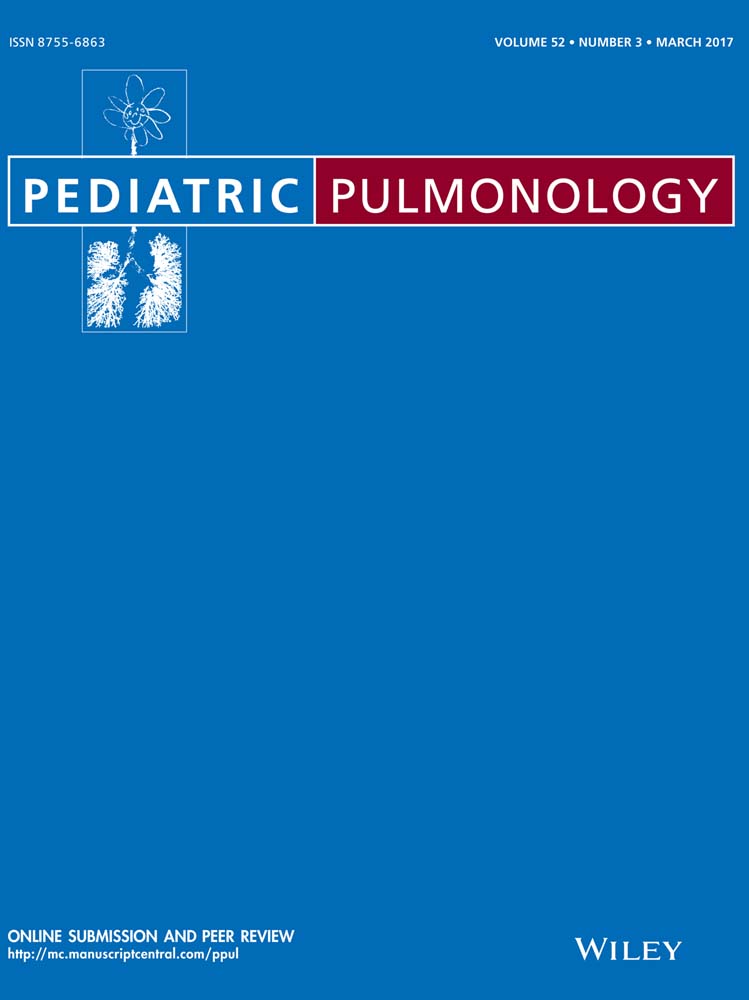Respiratory muscle training improves respiratory muscle endurance but not exercise tolerance in children with cystic fibrosis
Summary
Background
Respiratory muscle endurance (RME) training has been shown to increase exercise endurance and lung function in adults with cystic fibrosis (CF). We conducted an interventional study to investigate the effectiveness of RME training on CF-related health outcomes in children.
Methods
In a crossover trial, 22 children, aged 9–18 years, with CF performed 8 weeks of RME training and standard chest physiotherapy in a randomized sequence separated by a 1 week washout period. All children underwent training sessions using the RME training device before beginning the study. The primary outcomes were RME (in minutes) and exercise endurance (in minutes). Data were analyzed according to the intention-to-treat principle.
Results
Sixteen of 22 children (73%) completed the study. Study dropouts tended to be older with more advanced lung disease. After RME training, respiratory muscle endurance significantly increased by 7.03 ± 8.15 min (mean ± standard deviation, P < 0.001), whereas exercise endurance was unchanged by RME training (0.80 ± 2.58 min, P = 0.169). No significant improvement in secondary outcomes (lung function, CF quality of life, and CF clinical score) were observed. The small sample size and short intervention time have to be acknowledged as limitations of our study.
Conclusions
RME training led to a significant increase in respiratory muscle endurance in children with CF. However, RME training did not improve exercise endurance or other CF-related health outcomes. Thus, our results do not support the routine use of RME training in the care of children with CF. Future studies in larger populations and with prolonged intervention time may overcome the limitations of our study. Pediatr Pulmonol. 2017;52:331–336. © 2017 Wiley Periodicals, Inc.




